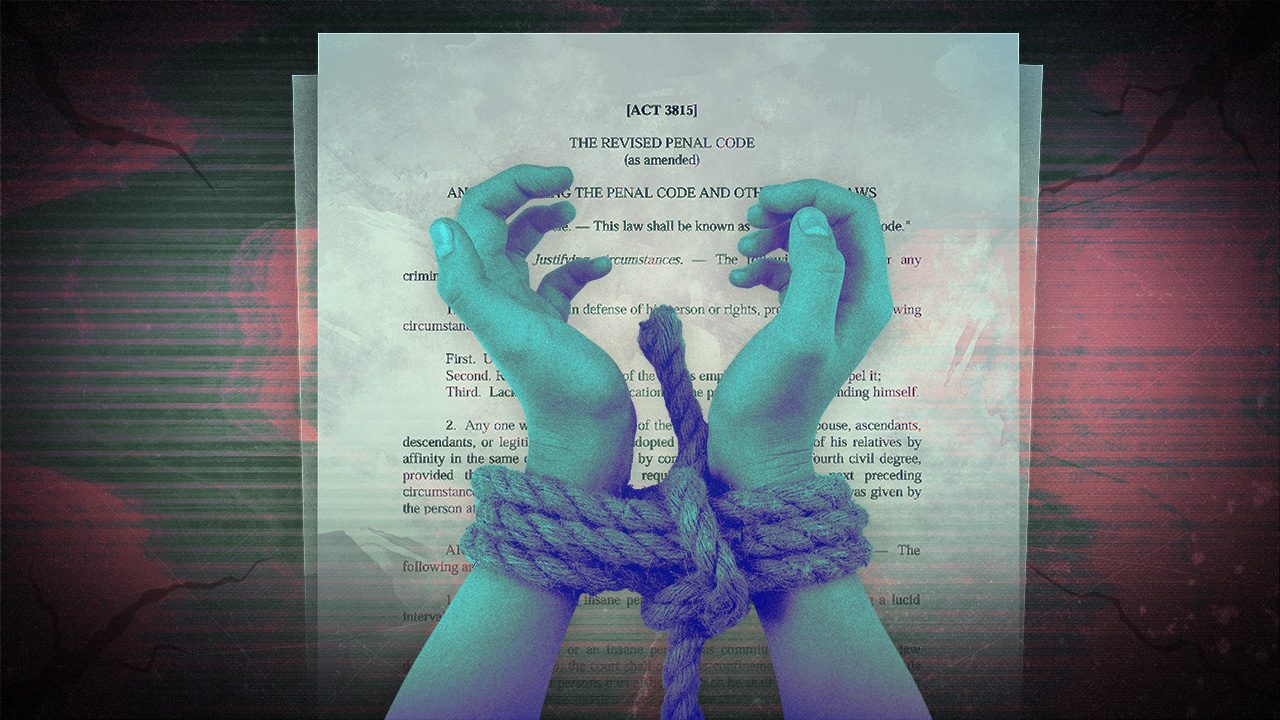SUMMARY
This is AI generated summarization, which may have errors. For context, always refer to the full article.

Deniece Cornejo, Cedric Lee, Ferdinand Guerrero, and Simeon Palma Raz on Thursday, May 2, were convicted of serious illegal detention for ransom by the Taguig City Regional Trial Court (RTC) in actor-comedian Vhong Navarro’s case.
Navarro had accused Lee’s camp of serious illegal detention in 2014. The actor-comedian claimed that he was detained in Cornejo’s Bonifacio Global City condominium unit and was threatened and intimidated with firearms as Cornejo alleged that Navarro raped her.
Navarro alleged that Lee physically hurt him and demanded that the It’s Showtime host pay them P2 million, or else they would kill him. Navarro said he agreed to pay P1 million.
Cornejo, Lee, Guerrero, and Palma were found guilty of serious illegal detention beyond reasonable doubt and were sentenced by the court to reclusion perpetua.
But what is serious illegal detention, and what does it entail for individuals convicted of it?
Defining serious illegal detention
A person who commits serious illegal detention, as defined in Section 1, Article 267 in the Revised Penal Code, refers to any private individual who kidnaps, detains, or deprives another individual of his or her liberty.
Any situation that falls under any of the following criteria is considered as such:
- If the kidnapping or detention lasted for over three days
- If the kidnapping or detention was made to look like it was done by public authority figures
- If the kidnapped or detained was seriously physically injured or was threatened with death
- If the kidnapped or detained is a minor, except when the accused is a parent, female, or a public officer
Reclusion perpetua
Serious illegal detention is punishable by reclusion perpetua, which means that the accused individual will remain imprisoned for at least 20 years and one day to a maximum of 40 years. The individual may possibly be granted parole at the 30-year mark.
However, the penalty may exceed the allotted number of years if any other serious case or the individual’s conduct is deemed “unworthy of pardon.”
It is worth noting that reclusion perpetua differs from life imprisonment, which does not specify a definite number of years of imprisonment.
Similar cases
Another notable case of serious illegal detention is that of abused domestic helper Elvie Vergara. According to a resolution dated January 21, Vergara’s former employers Franilyn and Pablo Ruiz were indicted on charges of serious illegal detention with serious physical injuries.
Records show that Vergara was detained and physically abused by her former employers from 2020 up to 2023, when she was eventually rescued. Vergara testified that while she was momentarily able to escape in 2021, she was returned to her former employers’ custody and locked in a high-fenced and gated area at the back of her employers’ house.
A criminal case will be filed against Franilyn and Pablo Ruiz.
As for Cornejo, Lee, Guerrero, and Raz, while they were convicted and had their bail bond canceled, they can still file a motion for reconsideration. – Rappler.com
Add a comment
How does this make you feel?





There are no comments yet. Add your comment to start the conversation.